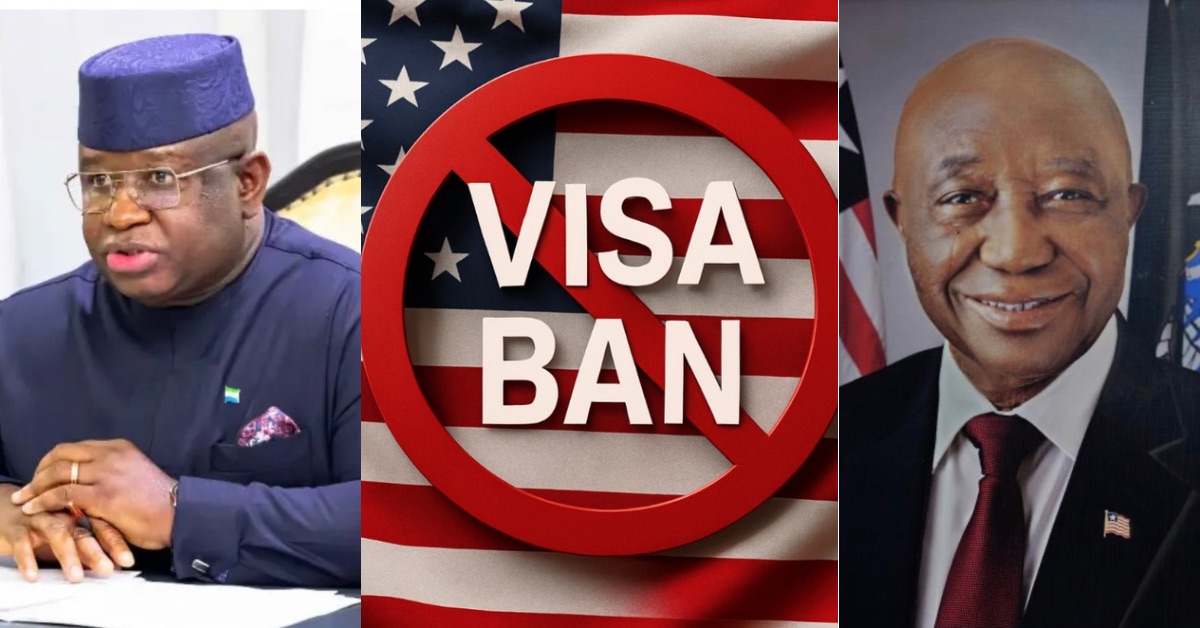Following President Donald J. Trump’s recent imposed ban on Sierra Leonean citizens who won the Diversity Visa (DV) Lottery for 2026, critics have raised concerns given that neighboring Liberia, which has a higher overstay rate than Sierra Leone, has not faced similar restrictions.
Sierra Leone currently has an overstay rate of approximately 15%, while Liberia’s rate exceeds 19%. Critics of the ban have pointed out this discrepancy, questioning why Liberia has not been subjected to the same scrutiny despite its higher overstay statistics.
In his proclamation, Trump highlighted the risks associated with immigrants compared to non-immigrants, stating, “Persons admitted on Immigrant Visas become lawful permanent residents of the United States. Such persons may present national security or public-safety concerns that may be distinct from those admitted as nonimmigrants.”
Trump’s decision was framed around concerns regarding identity management and information sharing from countries with inadequate systems. He stated, “Although Immigrants are generally subject to more extensive vetting than nonimmigrants, such vetting is far less reliable when the country from which someone seeks to emigrate maintains inadequate identity-management or information-sharing policies.”
Trump further emphasized the classified nature of the specific reasons behind the ban, asserting that disclosing further details could harm U.S. national security.
“Publicly disclosing additional details on which I relied, in making these determinations, however, would cause serious damage to the national security of the United States, and many such details are classified,” he explained.
This lack of transparency has led to frustration among many Sierra Leoneans, particularly those who had been notified of their DV Lottery wins, and raises questions about the fairness of the immigration policies under the Trump administration. The decision has prompted calls for clarity and accountability regarding the criteria used to impose such bans.












A microwave journalist wants the government of Sierra Leone to explain the reasoning behind the US visa ban. Incredible! I wonder what this microwave journalist is going write now that his beloved Liberia has also been placed on US visa ban.
Sierra Leone got banned because it didn’t help send its citizens back when they overstayed.
Liberia didn’t get banned because, even though more people overstay, they still cooperate with deportations.